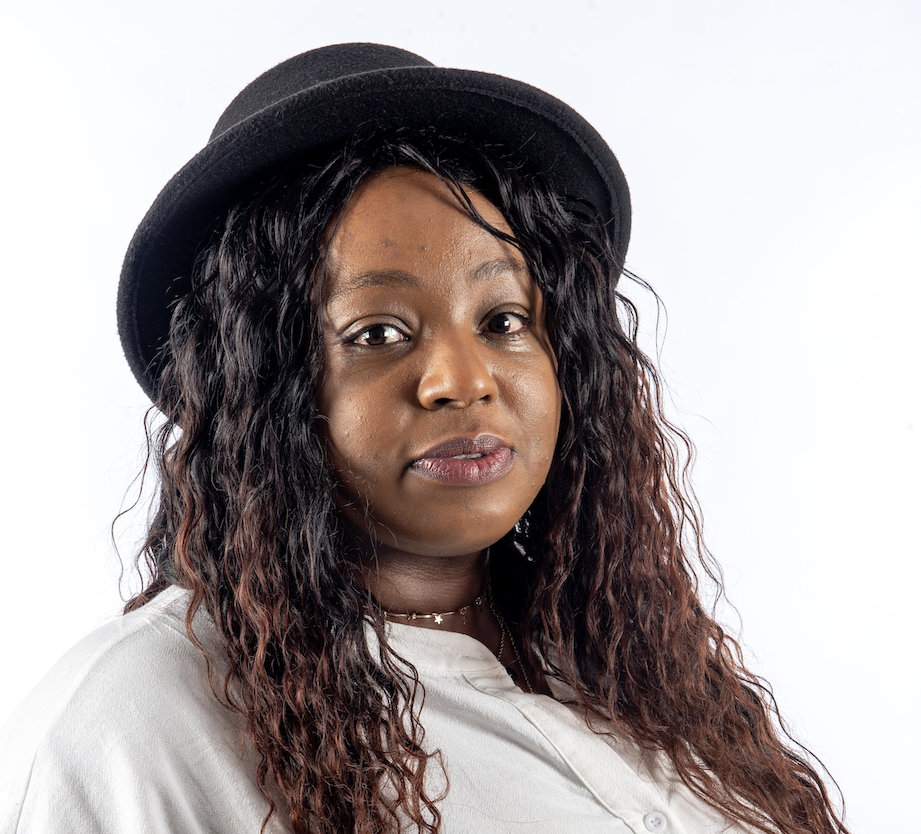A debate at The Black Power Station focused on Steve Biko’s incarceration, which ultimately led to his death while in detention after laws were introduced that permitted him to be detained without trial. During the discussion, the theme of justice and the law, where issues like freedom, equality, and Ubuntu were unpacked. One issue that LLB student Leasha Sanyika highlighted is the relationship between justice and the law. Without evidence, a murderer, for example, can walk away, which begs the question of justice for the victim’s family. Another critical issue that emerged was that of the Fees Must Fall protests, where students were arrested for fighting for what they believed to be a good cause.
Although Steve Biko is one of the political leaders who dedicated his life to liberating others, another discussion at the Rhodes University Politics Department echoed the words of Amilcar Cabral, who said, “We do not believe in the capacity of one man to liberate the people. Liberation is the job of all people.” During this debate, one speaker cautioned about thinking of Biko in isolation from American Black thinker W.E.B. Du Bois. This is especially relevant when rebuilding Black spaces.
During the discussions, Professor Tendayi Sithole highlighted the importance of Black Consciousness, especially in an anti-Black world. “Black consciousness is an embodiment that they must be proud of their existential condition of being Black in an anti-Black world and to change that world to be a liberated Azania,” said Sithole. At Amazwi Museum, Dr. M-Afrika launched his book, illustrating that though Biko was killed, his ideology lives on, and the struggle was relevant. So, almost 50 years after Biko’s death, we remember his ideology, especially that of liberating the mind against oppression.


